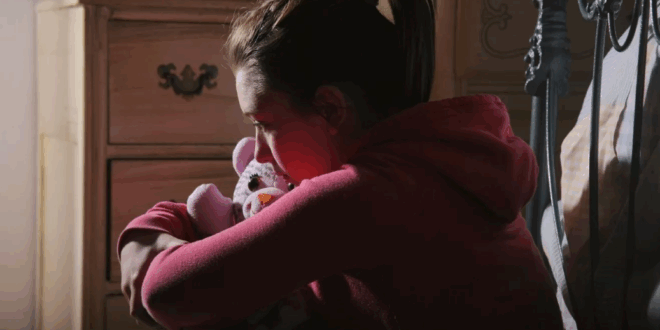Muhamad Yehia .. Cairo
In the 37 European countries included in a new study, boys are more likely than girls to report good mental health.
About two in five teenagers in Europe are struggling with their mental well-being, a new analysis has found, with girls faring worse than boys in each of the 37 countries included.
Young people today face a host of stressors, including social isolation and disruptions to their schooling caused by the COVID-19 pandemic as well as socioeconomic instability and the ongoing conflicts in Ukraine and Gaza, according to the report, known as the European School Survey Project on Alcohol and Other Drugs (ESPAD).
The study, which has been following teens’ alcohol, smoking, and drug habits for 30 years, included nearly 114,000 students aged 15 and 16 across 37 European countries.
For the first time in 2024, the report assessed their mental health as well.
To track teens’ mental well-being, the survey asked students how their lives have been going lately; for example, how often they feel cheerful, wake up feeling fresh, and how interested they are in their daily lives.
The researchers converted those answers into an index score; students who scored above 50 out of 100 on the index were considered to have good mental well-being.
Overall, 59 per cent of teenagers met that threshold. But there were major regional differences across Europe, with teens in Nordic countries doing fairly well and those in Central and Eastern Europe faring worse.
Teenagers in the Danish territory of the Faroe Islands were the most likely to report good mental well-being (77 per cent), followed by Iceland (75 per cent) and Denmark (72 per cent).
Meanwhile, teenagers in Ukraine reported the worst mental health, with just 43 per cent classified as doing well. Ukrainian adolescents have limited access to mental health care, the report noted, leaving them to grapple with war-related trauma largely on thei
The next-lowest rates of mental well-being were recorded in the Czech Republic (46 per cent), Hungary (47 per cent), Cyprus, and Poland (49 per cent each).
“Mental health is deeply connected to the broader social environments in which young people grow up,” Kadri Soova, director of the advocacy group Mental Health Europe, told Euronews Health. She was not involved with the study.
Gender gaps across Europe
Girls were worse off than boys in each of the 37 countries studied. Across Europe, 49 per cent of girls and 69 per cent of boys report good mental health.
The gender gaps were even more stark in some countries. In Italy and Poland, for example, about two-thirds of boys report good mental health, compared with one-third of girls.
In Sweden, the relatively high rate of teenage well-being overall (62 per cent) masks gender differences. About four in five boys had good mental well-being, compared with less than half of girls.
The poorer outcomes among girls “signals the urgent need for targeted, context-sensitive responses,” Soova said
Europe is not the only region grappling with a rising toll of mental health problems among youth. Over the past decade, the rate of young people with mental health disorders has risen in every part of the world, according to a recent analysis from the Lancet medical journal.
Soova called on policymakers to invest in mental health education and accessible support for young people.
“By addressing both traditional and emerging challenges from substance use to online risks, we can build environments where all adolescents have the opportunity to thrive in dignity and well-being,” she said.
If you are contemplating suicide and need to talk, please reach out to Befrienders Worldwide, an international organisation with helplines in 32 countries. Visit befrienders.org to find the telephone number for your location.
 موقع وجه أفريقيا موقع وجه أفريقيا هو موقع مهتم بمتابعة التطورات في القارة الأفريقية
موقع وجه أفريقيا موقع وجه أفريقيا هو موقع مهتم بمتابعة التطورات في القارة الأفريقية



